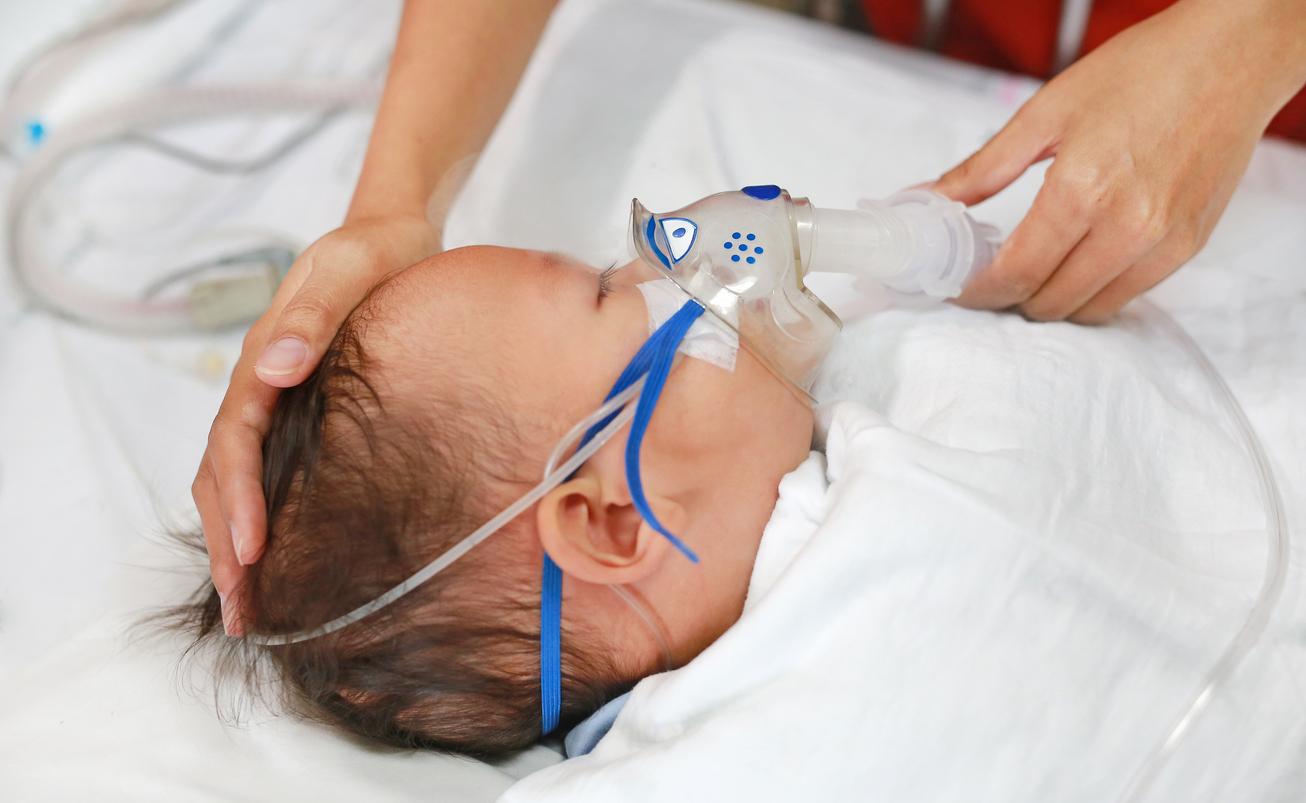Scientific evidence indicates that parents should choose the sleeping arrangement that is right for them and their family.

- Co-sleeping, more precisely sleeping with your child, is the subject of conflicting debates.
- On the one hand, there are benefits, such as easier breastfeeding and reduced stress in children, studies show.
- On the other hand, there are potential risks such as sudden infant death syndrome, suffocation or fragmented sleep.
To prevent sudden infant death syndrome, the American Academy of Pediatrics (AAP) recommends having the child sleep in their parents’ room for at least the first 6 months, or even the first year. This makes it easier to monitor the baby, make it easier to reach and reposition in bed if breastfeeding. Due to a lack of space or for other reasons, some parents decide to share their sheets with their infant. However, “bed sharing is an independent risk factor, multiplying by 5 the risk of sudden infant death in children under 3 months”, according to data relayed by Public health France. Other specialists, however, believe that sleeping with your child can be safe, if the mother and father respect safety rules.
Suffocation, fragmented sleep, death: the potential risks of bed sharing
Faced with the contradictory debates on co-sleeping, which can disturb parents, two Canadian researchers in psychoeducation looked into the question in a publication by The Conversation. They reviewed all the studies on co-sleeping, which show the existence of two schools of thought on bed sharing.
According to their meta-analysis, one of the concerns related to bed sharing is the risk of sudden infant death syndrome. Certain accidents, such as choking or being crushed, can also occur. Additionally, sleeping with your child can lead to disrupted and fragmented sleep for parents and baby. However, scientists emphasize that these risks are reduced if parents follow safety rules. For example, it is recommended to use a firm mattress and not place pillows, blankets or animals in the shared bed.
Co-sleeping: sleeping with your baby makes breastfeeding easier and reduces stress
The second school mentions the fact that sleeping with your child facilitates breastfeeding during the night. Specialists also point out that being in the same room as your baby is just as conducive to breastfeeding. Physical contact and proximity in the same room would promote synchronization of the child’s circadian rhythm with that of the parent, thus helping the infant to consolidate sleep and allowing parents to respond easily and quickly to the baby’s needs.
Additionally, toddlers who shared a bed with their parents had a lower stress response at 12 months of age than those who didn’t sleep with them. However, it should be noted that the difference between the two groups was smaller when it came to a moderately stressful situation. These findings suggest that there may be benefits in terms of bonding and emotional development in children who share a bed with their parents.
According to the researchers, the decision to share the bed with your baby remains a parental choice which must be influenced by this scientific data. Parents should familiarize themselves with the available studies and evaluate how they apply to their own family situation before making a decision. It is also recommended to consult a healthcare professional for personalized advice. As a reminder, the well-being and safety of the baby must always be the top priority.
















